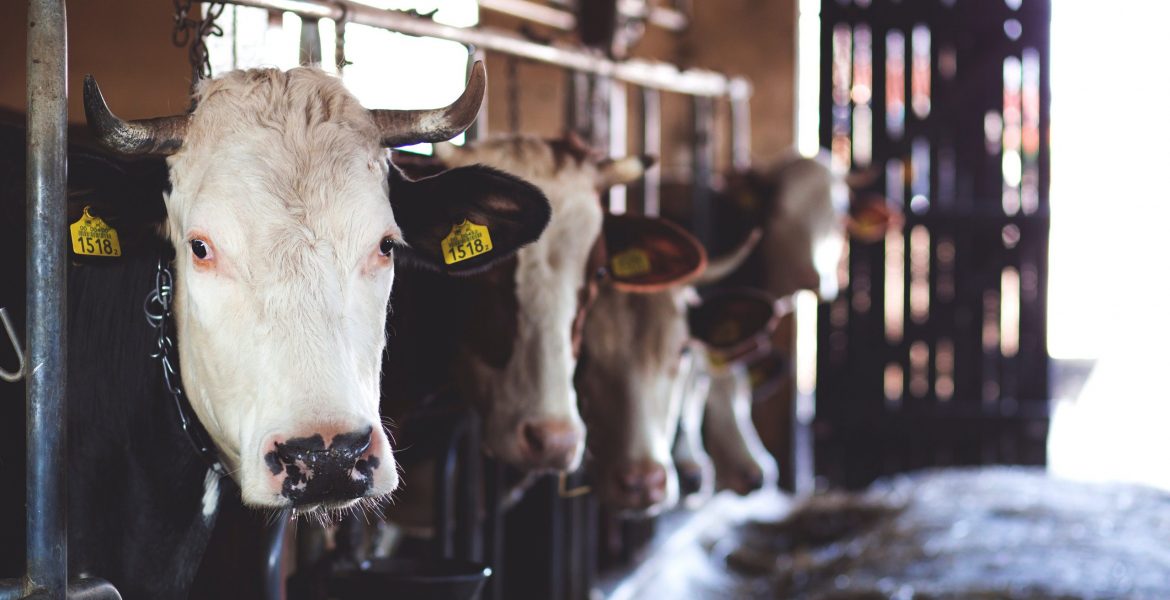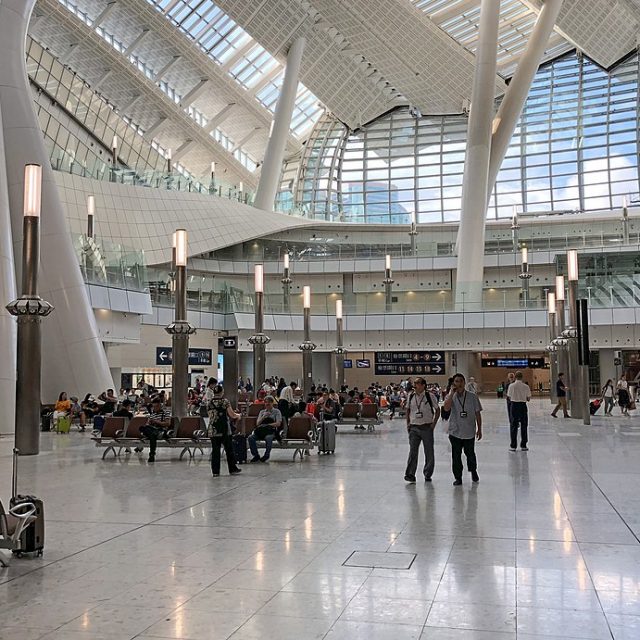MEPs will this week vote on the recommendations of the Special Inquiry Committee for Animal Transport (ANIT), which was launched on the initiative of the Greens/EFA group.
The recommendations will be the basis for the Commission’s new legislation on transporting animals in the EU, with proposals expected by 2023. The Greens/EFA group say they have pushed for high standards, including a maximum journey of 8 hours and a ban on transport into third countries that do not comply with EU animal welfare standards.
Tilly Metz, Greens/EFA MEP and Chair of the Animal Transport Committee, comments: “Over its year and a half of operations, the ANIT committee has found that current legislation is not being properly implemented, with widespread and repeated breaches and systemic failings observed, and that provisions of the regulation on animal transport are inadequate, imprecise and outdated. This causes unbearable suffering for the animals which we can stop through clearer and more protective legislation, together with better enforcement and true political will. We managed to call for significant improvements in the report and recommendations of the ANIT committee. But we also had to face continued resistance from certain political groups and economic sectors wishing to stick to the status quo wherever possible. This is our chance to improve animal welfare, shift our transport and production practices and address the concerns of millions of citizens and NGOs. Let’s not waste it.”
The European Commission has announced that it will publish its proposal for a revised animal transport regulation in 2023. The report and recommendations are a crucial opportunity for the European Parliament to set out what improvements it expects to see in the new law. The Greens/EFA successfully called for a stricter ban of transport of the youngest unweaned animals, and of gestating animals at the latest stage of pregnancy, a clear call to shift from live animal transport to the transport of meat and genetic material, better cooperation between countries and a harmonised sanction system against those who breach the law and not to mention a better regulation of sea transport, that is today barely covered by the legislation.
The plenary will vote on amendments calling for a maximum of 8 hours for all animal transport and to limit exports to neighbouring countries which apply animal welfare standards at least as protective as EU standards, to ensure that animals transported outside the EU are treated properly. All amendments aimed at weakening the committee’s recommendations should hopefully be voted down.




